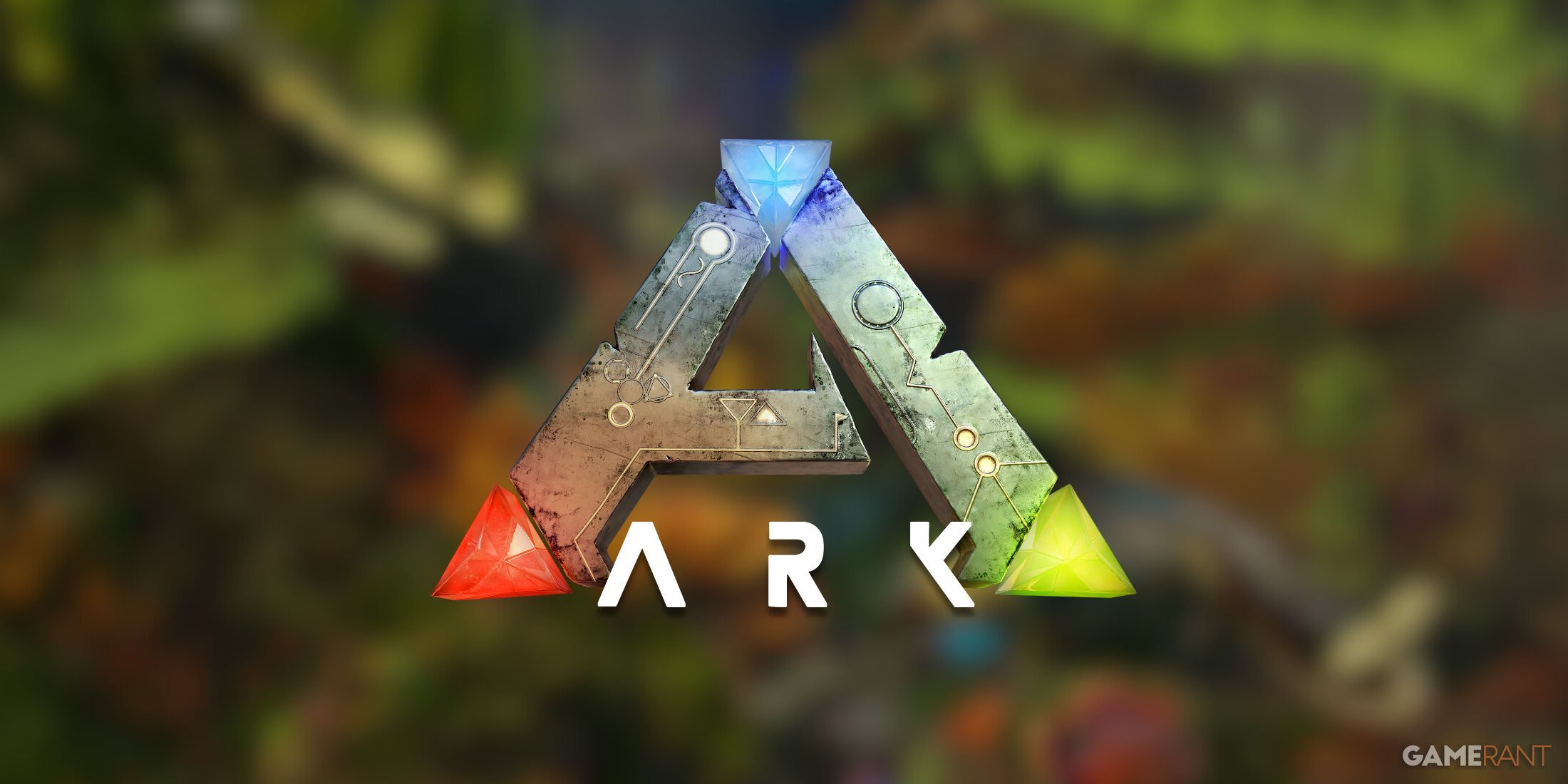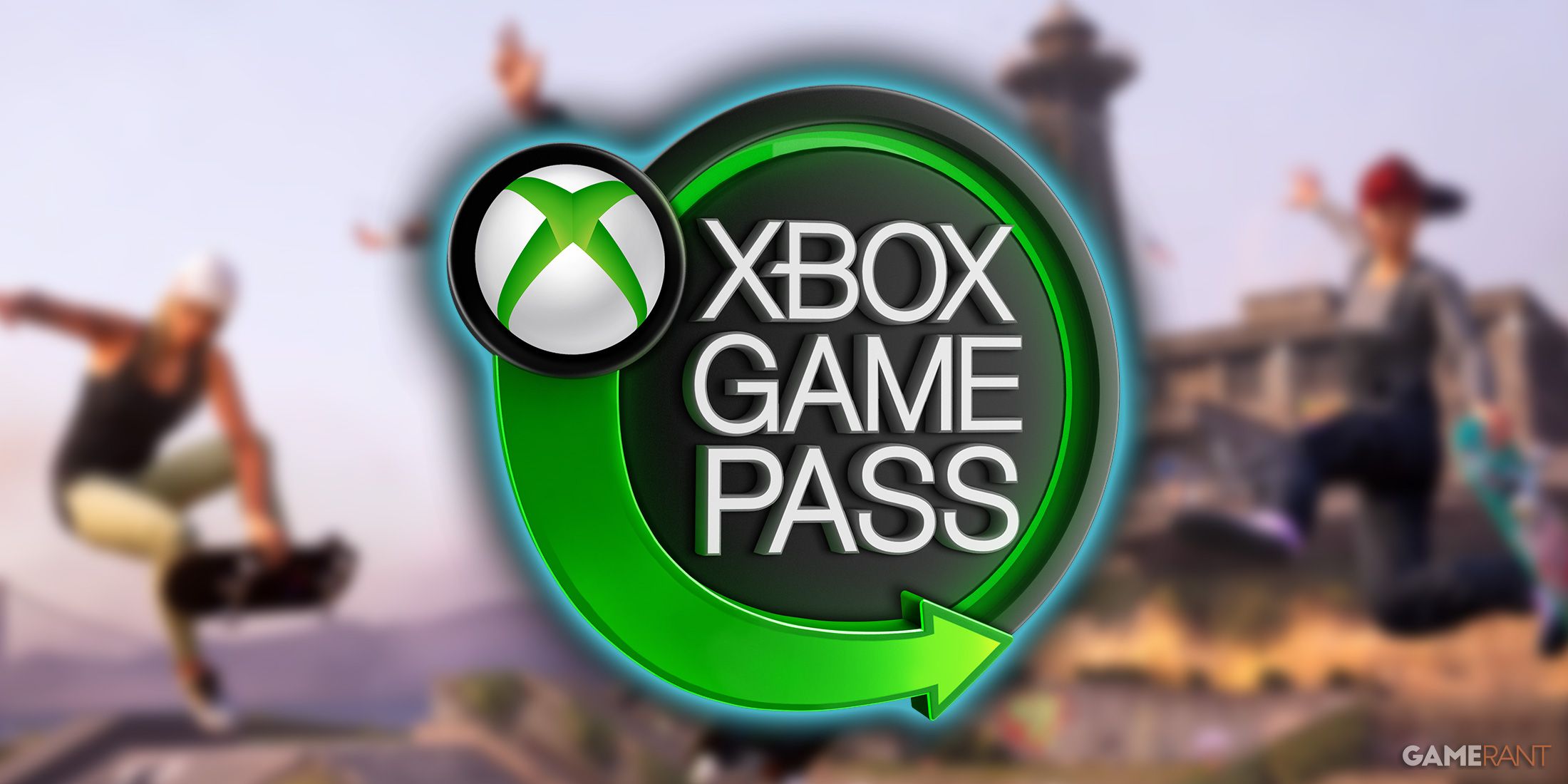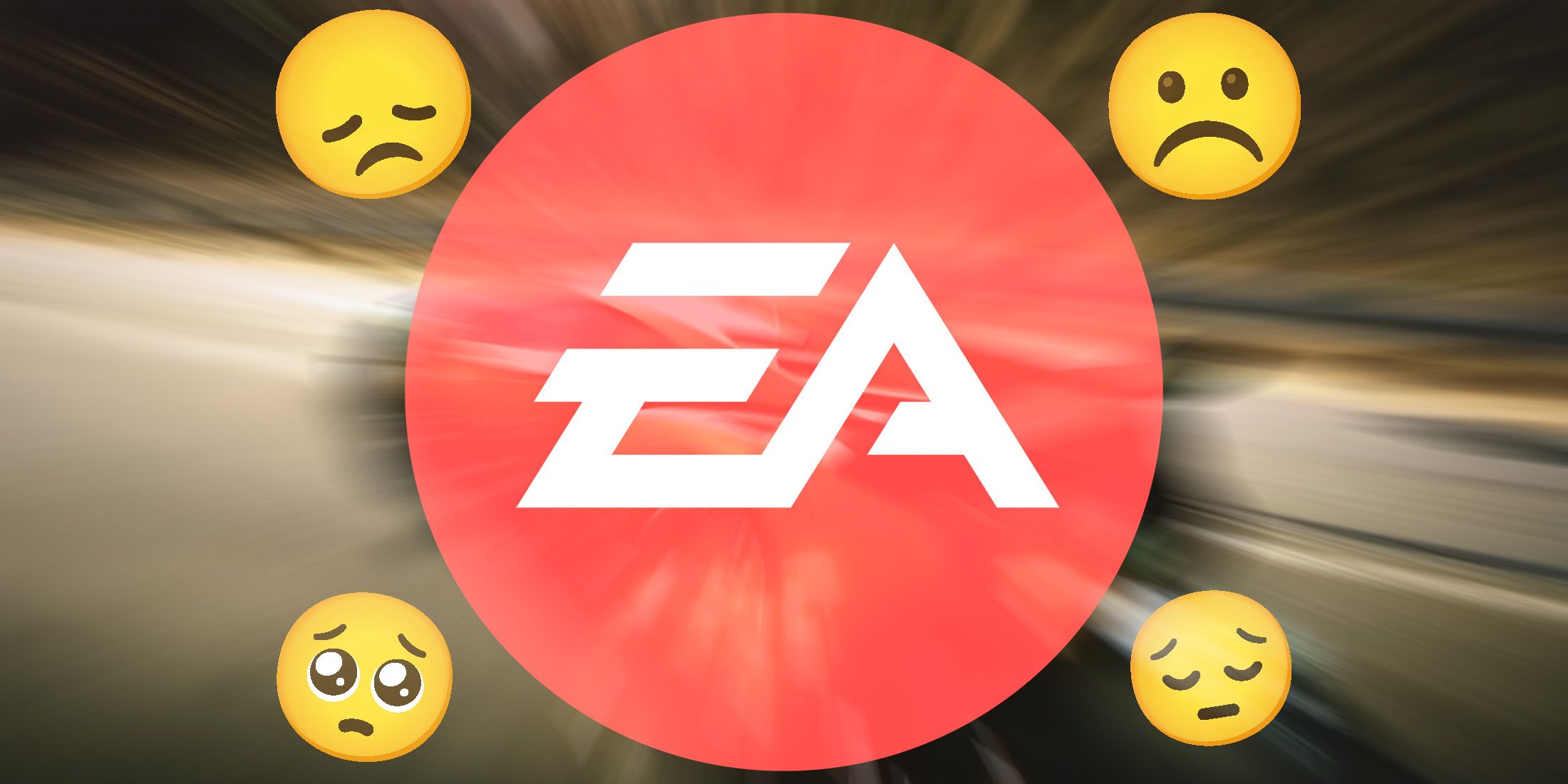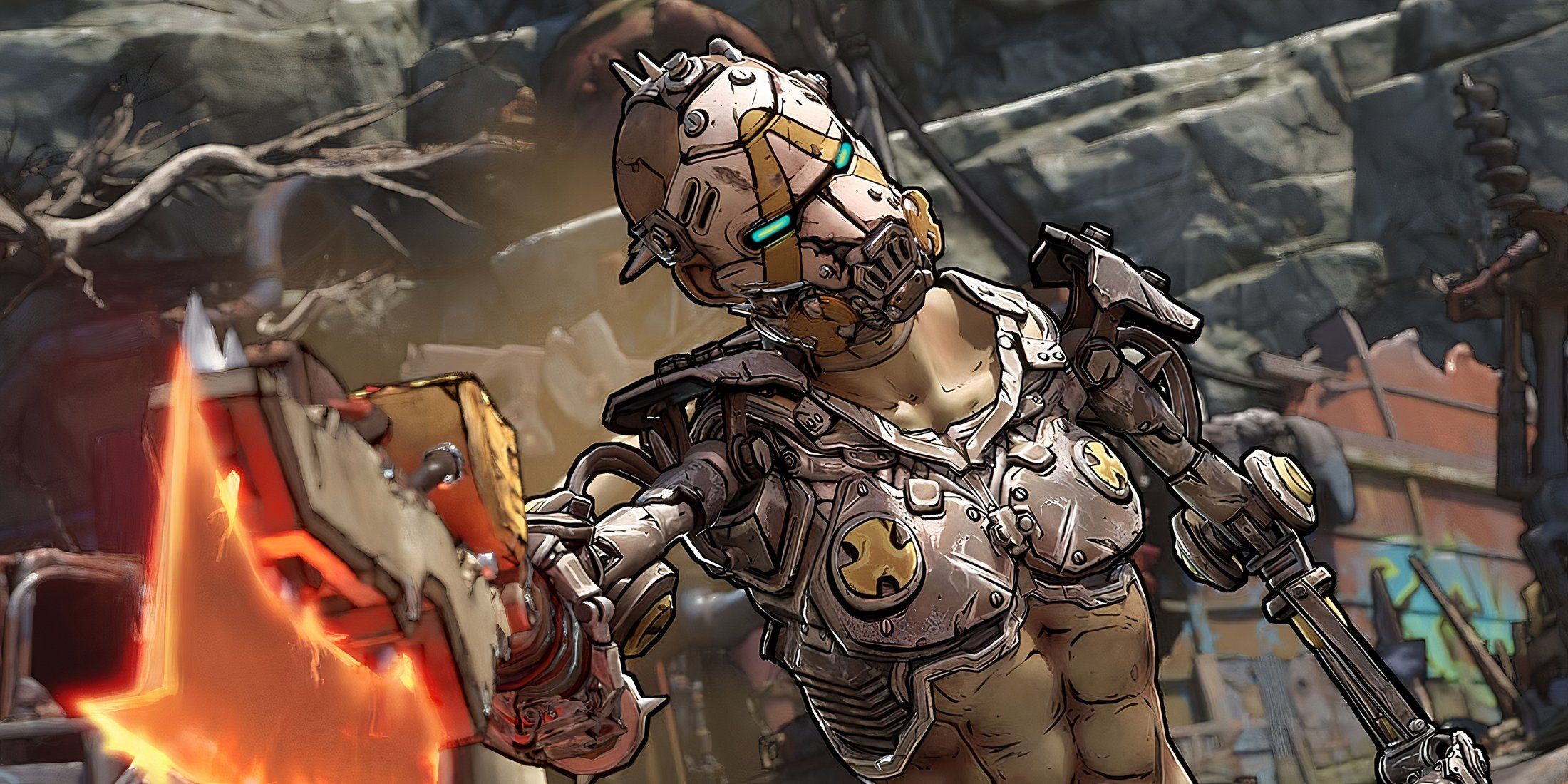
After the horrifying 2019 shooting at New Zealand’s Christchurch mosques, over 100 profiles on the gaming platform Steam paid tribute to the shooter.
A digital videogame storefront with some social networking features, Steam isn’t the most obvious home for charged political content. But just hours after the shooting, 66 Steam profiles took on the shooter’s name. Dozens more soon followed. At that time, the Christchurch shooter wasn’t the only terrorist commemorated by Steam users; hundreds of Steam pages referenced massacres in Parkland, Isla Vista, and Charleston.
Steam publisher Valve removed profiles referencing the Christchurch shooting after Kotaku reached out for comment on an article. But the fact that so many people—extremists, edgelords, or trolls—felt that they could profess these views on an over $4 billion platform with over 95 million active users says something unflattering about Steam.
"There’s a very public acknowledgement of a lack of content moderation."
Daniel Kelley, Anti-Defamation LeagueToday, the Anti-Defamation League, a 107-year-old nonprofit founded to fight identity-based discrimination, released its report on “how the Steam platform harbors extremists.”
“It was disturbingly easy for ADL’s researchers to locate Steam users who espouse extremist beliefs, using language associated with white supremacist ideology and subcultures, including key terms, common numeric hate symbols, and acronyms,” the report reads. In a random search, researchers found hundreds of Steam profiles advertising Nazi or white supremacist imagery in their usernames, profile pictures, posts, or bio descriptions.
The ADL’s sample size is not significant enough to confirm that extremism is widely prevalent on Steam or more common than on other platforms. It does, though, underscore how little Steam has done to address a long-known issue. “It’s an effective platform for extremists, because there’s a very public acknowledgement of a lack of content moderation,” says Daniel Kelley, the assistant director of the ADL’s center for technology and society. “By the standards of 2020, their approach is super outdated and not in keeping with other companies in social media and games that are ramping up efforts to make their platforms respectful and inclusive spaces for all people.”
Steam is famously hands-off about moderating content uploaded to its platform. Although Steam’s community guidelines prohibit discrimination, “abusive language,” and “offensive content,” a 2017 Vice report revealed that groups with titles like Nazi Revolutionary Party, Hitler’s Nazi’s, and Zhe Nazi Followers of Razor_One persisted there. At the time, term “Nazi” returned 7,893 search results for Steam Groups. After similar reports from the Huffington Post and The Center for Investigative Reporting, Valve silently began removing extremist groups and profiles called out in the press. It wasn’t a total purge; even today, searching the term “Nazi” under Steam’s Community page returns more than 21,000 results.













